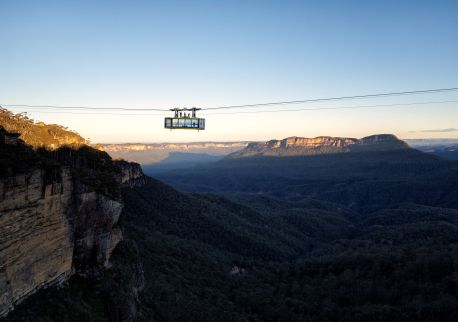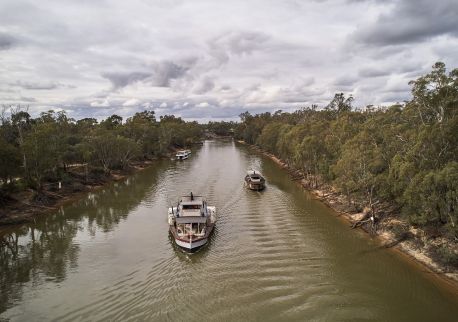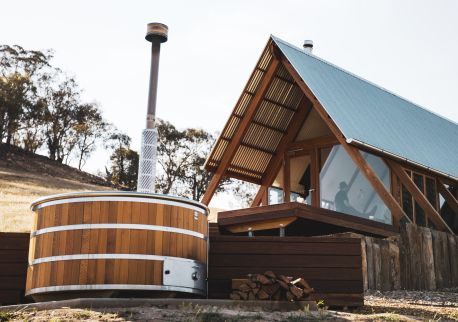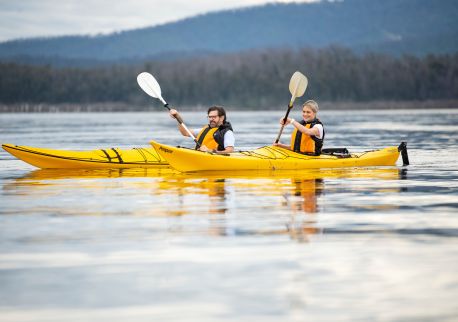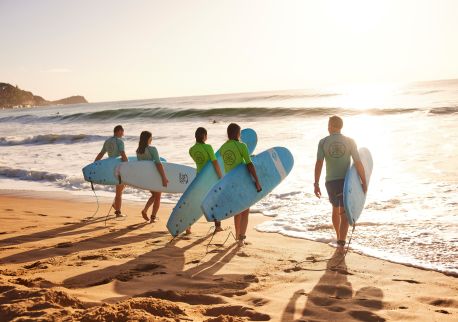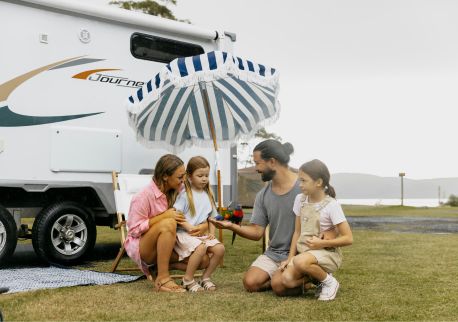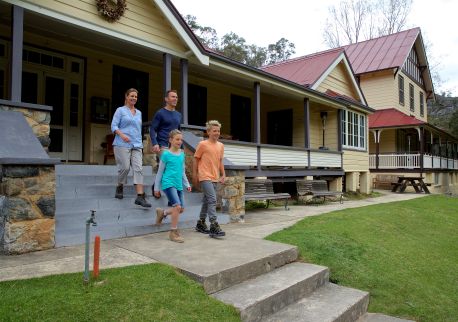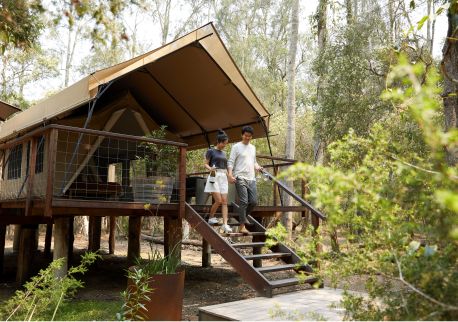Dive Charters
Overview
To see the best diving around the Solitary Islands Marine Park, you must venture offshore to the Solitary Islands themselves. You will be amazed by the variety of marine life and see a mixture of fish from the tropics and subtropics - unique to the Solitaries. Plus, the water is usually clean and warm because of the East Australian Current. The South Solitary Islands are 20 minutes travelling time on our custom-build fast boats - so comfort is important, and size matters.

